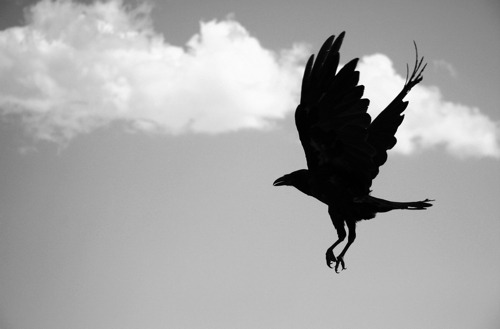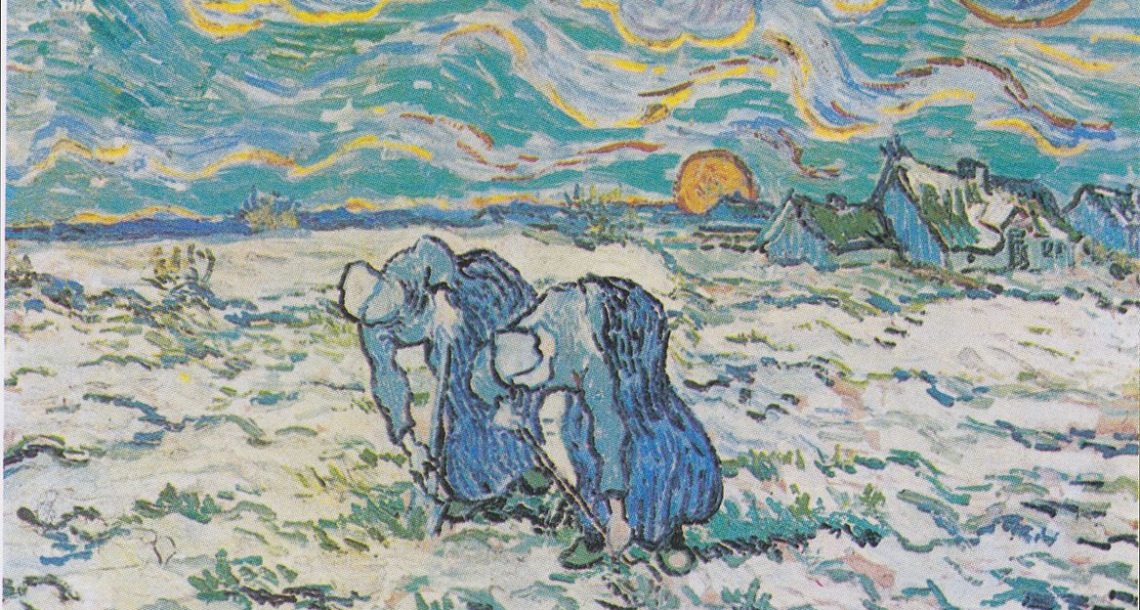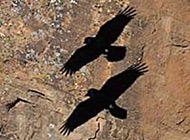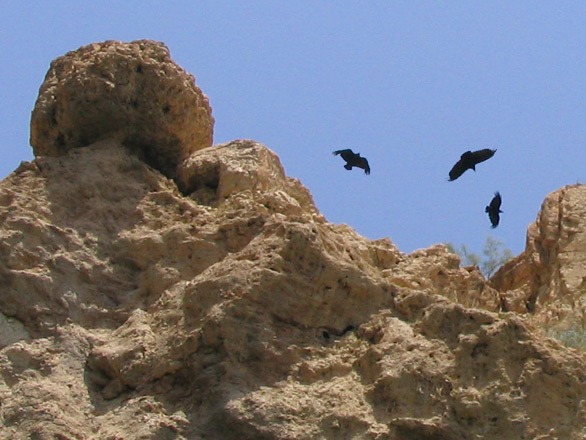by Lois Tverberg
“Let my teaching drop as the rain, My speech distill as the dew, As the droplets on the fresh grass and as the showers on the herb.” Deuteronomy 32:2
Another form of living water that was important biblically is something that we hardly think about — dew. In Israel it does not rain for half the year, and were it not for the dew in summer, all plant life would die.
In fact, dew and rain are equally important to the crops in Israel. If there is no rain in the winter season, the grass and early crops do not grow, if no dew in summer, later crops dry up and fruit does not mature. If there are many nights without dew, it constitutes a drought, in their thinking.
In Israel, on many nights dew is amazingly abundant. Because of the moisture of the Mediterranean, in early summer the dews are so heavy that the plants and trees are literally soaked with water at night. In fact, Israelis often use squeegees to remove the dew from their car windows before they can drive in the morning. In the story of Gideon, it said that he wrung a bowl full of water out of a fleece that he put out overnight (Judges 6:38). Even in areas that receive almost no rain, the dew is enough to sustain enough plant growth that sheep can graze, as they search for the few tufts of grass available in the pastures that are sustained by dew.
To the ancient people who were so dependent on their crops, dew was considered a nightly reminder of God’s constant care. In the Sinai, the manna came with it, supplying their sustenance that way too (Exodus 16:13; Numbers 11:9). In Hosea, God declares, “I will heal their waywardness and love them freely, for my anger has turned away from them. I will be like the dew to Israel; he will blossom like a lily.” (Hosea 14:4-5).
Even though the dew is not important for our crops now, it is a good for us to see it as a picture of God’s daily sustenance of a drink of living water that lets just enough grass grow to feed us for the next day. Next time, when you see it, remind yourself of God’s daily kindness toward you.





